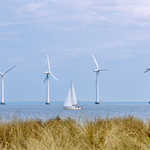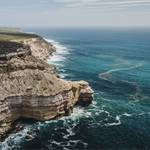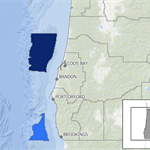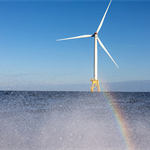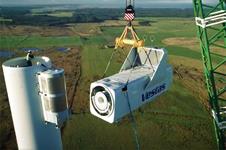Iberdrola and GIG in 3.3GW offshore wind push in Japan
Energy Disrupter
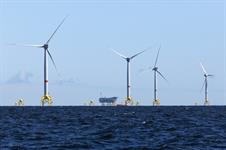
Iberdrola has acquired local developer Acacia Renewables and entered into a joint venture with Macquarie’s Green Investment Group (GIG) to develop its 3.3GW offshore wind portfolio.
Prior to the acquisition, Acacia was Macquarie Capital’s Japanese renewable energy platform, according to its website.
Acacia’s portfolio includes two projects with a combined capacity of 1.2GW at a more advanced stage, and a further four with a combined capacity of 2.1GW.
Spanish energy giant Iberdrola and the GIG aim to enter the first 1.2GW batch of wind farms – located off the south-west coast of Japan – in upcoming auctions announced by the Japanese government.
These first two projects could be commissioned by 2028, Iberdrola claimed.
The company said it has set its sights on Japan as a “new growth platform” in renewables, and offshore wind in particularly.
Iberdrola has stakes in operational offshore wind farms worldwide with a combined capacity of just over 1GW, while GIG has backed operational offshore wind projects with a combined capacity of just under 1.3GW, according to Windpower Intelligence, the research and data division of Windpower Monthly
The two companies will both take charge of developing Acacia’s projects.
Acacia had issued public notices of Environmental Impact Assessments for the six sites. These are wind farms called Satsuma, Nanao Shika, Fukui Konpira, Shiroishi Kosugo, Fukui Konpira and Tono.
There is currently just over 40MW of operational wind power capacity installed in Japanese waters, according to Windpower Intelligence.
However, a growing number of developers are targeting the nascent market ahead of offshore wind tenders, which are expected to be opened shortly.
Last week, Equinor, Jera and J-Power joined a long list of partnerships targeting the Japanese offshore wind market, despite the nation’s apparent slow uptake of the technology.
In 2019, the Japan Wind Power Association said that the lengthy process for environmental impact assessment was having an impact on the development of offshore wind.
One of the main obstacles for wind developers in Japan comes from opposition from local fishing communities.



